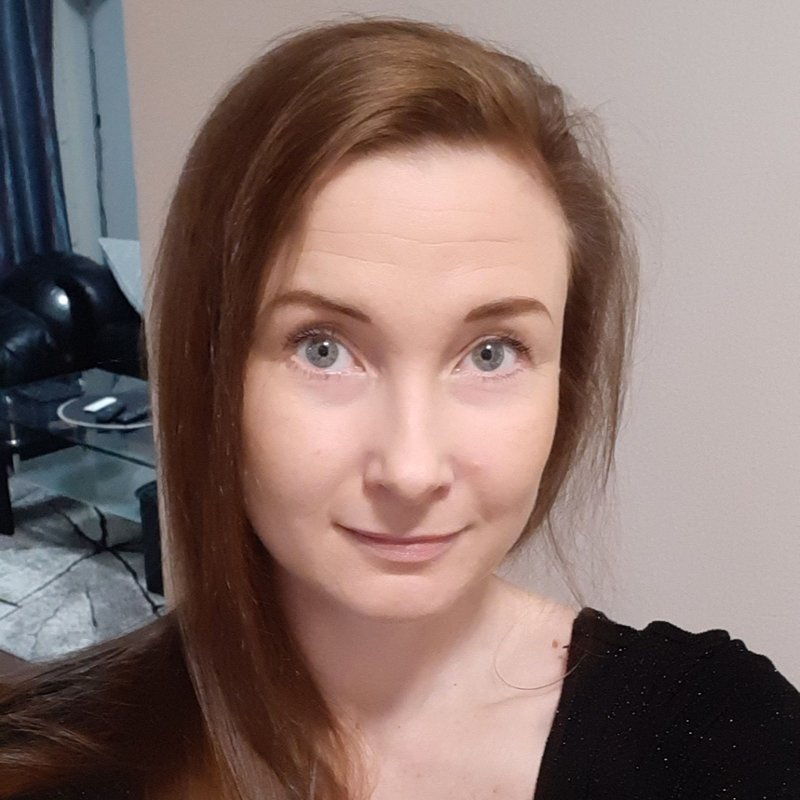How to be an Organised Program Manager
Staying organised is crucial for success in program management, where managing multiple projects, teams, and deadlines is essential. This blog delves into the art of organisation for program managers, providing insights and practical tips to navigate the complexities of overseeing diverse initiatives effectively.
Who is a Program Manager (PgM)? A Program Manager's job is to oversee and deliver large initiatives/programs, for which he/she has to juggle between multiple tasks, responsibilities, by focussing on the deadlines and handling complex projects at the same time.
Being a Program Manager, one has to be ready to deal with uncertainties/unplanned events anytime and everytime. Whether it's your first project or you are an experienced program manager, there is a lot which you have to manage on a daily basis including stakeholders, deliveries, teams, supervisors, deadlines and challenging goals.
A Program Manager is that one protagonist in the battlefield of conflicts, scope, time, budget, documentation, communication etc. and there is no way that they can achieve the desired goals without being ORGANISED.
In this article, I am going to share a few important tips that have helped me organise and deliver my projects efficiently and on time as a Program Manager:

Prioritise
It is always recommended to create a thorough To-Do list on a daily basis in order to strategize better. Each detail needs to be included and documented to be able to prioritise the tasks.
Prioritising and defining the To-do list, helps us strategically plan our next move in the future and also highlights the items which require immediate attention. We often pay less attention to prioritisation and end up spending a lot of time, effort, energy and resources on the petty things that are of little importance.
Having a clear set of priorities helps to keep a better track of your team's projects / performance which further allows a PgM to assign or highlight high priority items to the team members. You need to define what's important and urgent for you, your team, and your organisation by prioritising project tasks.
Create a project plan
One of the vital tasks of being organised is to create a plan which you review, follow, and mark progress against it. After creating the plan, it is also important that you keep the project plan updated.
Some of the key advantages of the project plan are -
It provides project's roadmap and along with the ownership of the tasks
Helps identify potential risks and issues at an early stage
Supports that projects can be completed on time, within budget, and to the required standard
Facilitates effective communication between all members of a project team so that everyone is focussed on the goal
As per the Project Management Institute, a project plan is "the document that describes how the project will be executed, monitored, controlled and closed." The plan has defined tasks, dates, owners, dependencies, checkpoints etc., which helps you to monitor the progress of the overall project and tasks of everyone who is involved in the project. Also it's very important that the plan has been reviewed by all the relevant stakeholders and you have the sign off and commitment. As a PgM, you should continue to monitor and inform teams of the progress to create transparency and provide early warning signals.
It is also important that you break the project plan into smaller key tasks or deliverables which are known as milestones. It will help you keep a better track of your progress and follow your deadlines easier.
On top of that, your team will continue to be motivated as they achieve small but significant victories along the way.
Communicate for effective stakeholder management
Communication has always been a key to be an effective program manager and honestly it is not easy, at all. Addressing every question that comes up from your team should be a priority to you and make them feel comfortable so that they can talk to each other and you will be able to work together.
It is also very important to communicate with your stakeholders using multiple ways, sending regular project updates, daily stand-ups, steering committee meetings etc. and highlighting key achievements and issues/risks on a regular basis. There shouldn't be any surprises and communication should enable them to make the right decisions at the right time.
Some of the tools like RACI matrix, communication plan, modes and frequency of communication can be used to have an effective communication approach.
Use automation, templates and scheduling tools
Use technology wherever possible to automate the repeatable and reproducible tasks so that you can focus on more important issues. Using automation tools for emailing, reports or scheduling will help you not only save time but also do your job more successfully.
Also many websites offer a variety of templates for your needs which can be very useful. On top of that, templates can be more eye-catching, and they will help you organise your thoughts in case you don't have any idea about the format and layout. However, it is always a good practice to discuss and review the tools and templates with your stakeholders in order for them to read and understand the status. Finally, try to follow the standardisation so that it helps in consolidation with the PMO and Portfolio managers.
Use project management software
Next thing after automation is utilising Project Management software. It will make everything easier and organised, from planning projects to managing your team's tasks. Since it will be a centralised tool, as a Program Manager you don't need to manage excel files or documents on your computer and keep them in sync with your project team.
Keep track of the progress
After setting up your project using templates, softwares etc. it's time to start tracking and sharing the progress to be transparent. Keeping track of the progress of your project is very important to detect any potential delays as early as possible.
Delegate assignments
While managing a big program or project, it is very important to delegate certain tasks to other project's team members and it will help your team to align with the project deliverables. As a project manager you cannot manage everything. Delegating tasks is more than just splitting your big goal into smaller milestones, this is about identifying the right resource for the right task so they can feel valuable and accountable.
Delegation will also leave you more time to focus on important issues and you will be able to manage projects more effectively.
Meet frequently
As a project manager, it is critical to meet your team and stakeholders on a regular basis to touch base and communicate project updates, celebrate successes and discuss issues. It also helps to build a repo and comfort which will help to resolve issues faster.
If you are working in a virtual project team, then it becomes more important to meet on a frequent basis and find a time that works best for the majority of the team members. It can be a challenge working across multiple time zones but one should always respect the time and avoid meetings during lunch times, evenings or Friday late afternoons.
It is always recommended that you do the right preparation and closure of the meetings. Some of the best practices are - preparing and publishing the meeting agenda, sharing any meeting materials before the meeting, sending meeting minutes and action points for closure and follow-ups.

Work with deadlines
Set due dates not only for high-level goals but also for individual action items.
The deadline holds you and your team accountable for the work you're doing every day. It gives you a clear picture of what is needed when. It will also help your project team stay focused on the tasks at hand without having to work on them on an ad-hoc basis. But, be sure to not overdo them and get your team's inputs as unrealistic deadlines can be harmful for project and team members.
Lastly, I would like to say that if you follow the above mentioned best practices, it will surely help you deliver programs and projects in a more efficient and timely manner.
All the best and Stay Organised.




